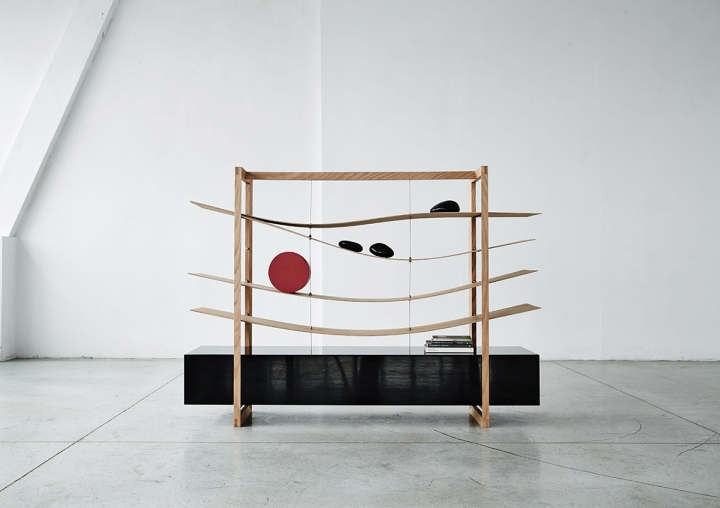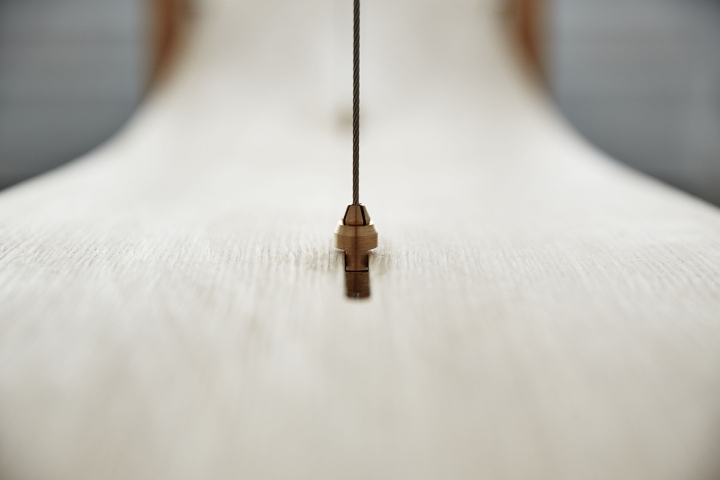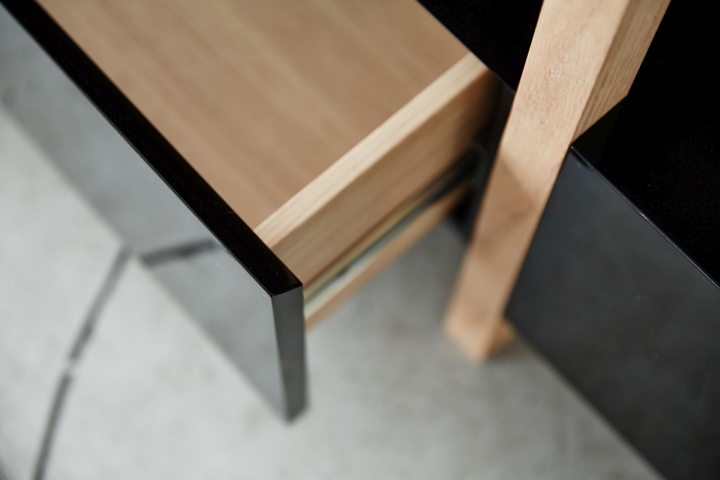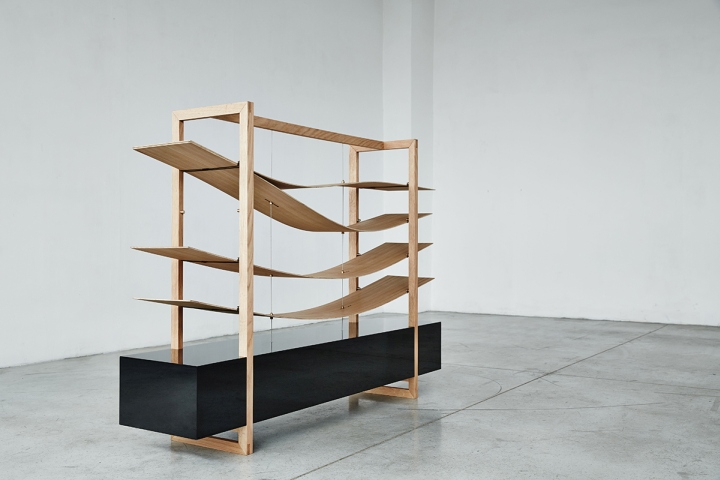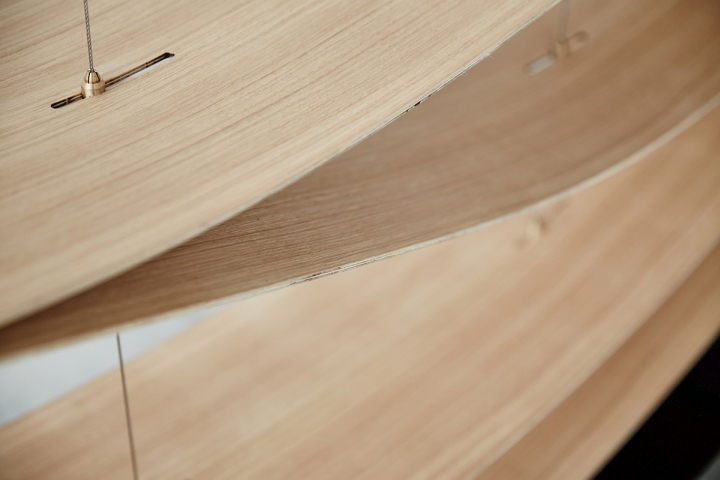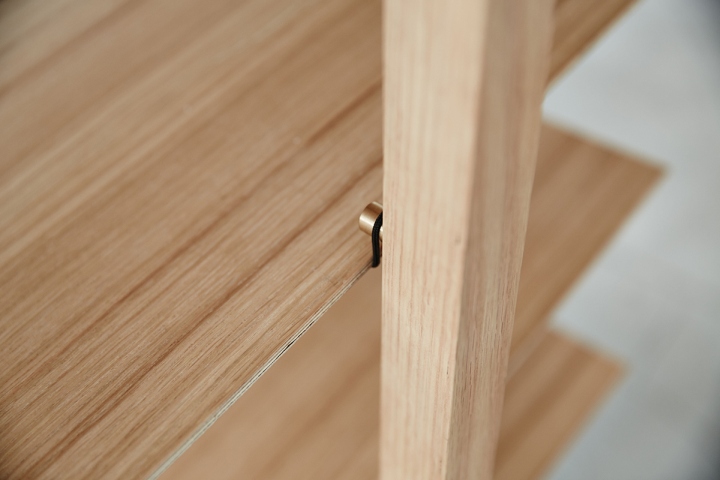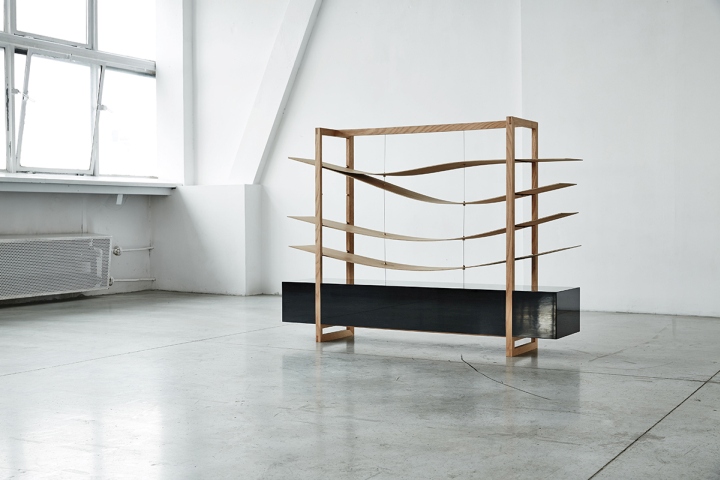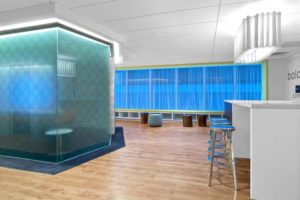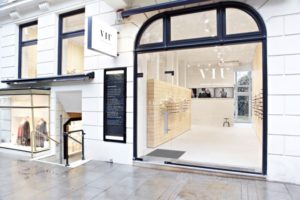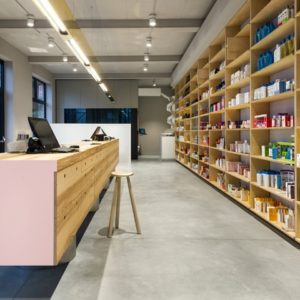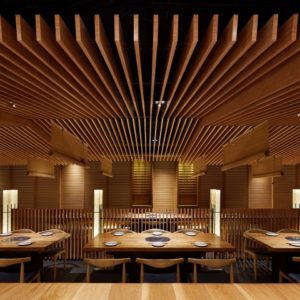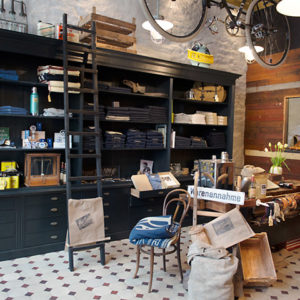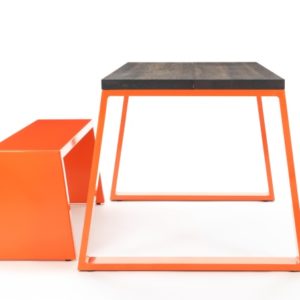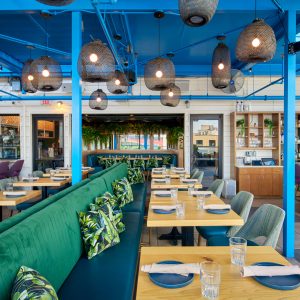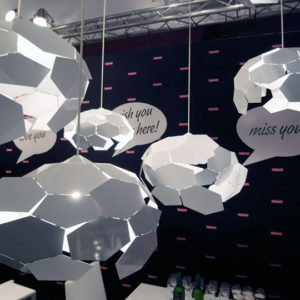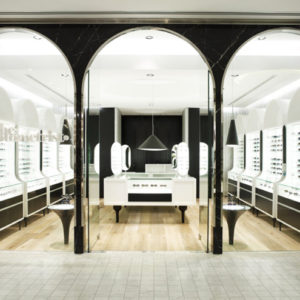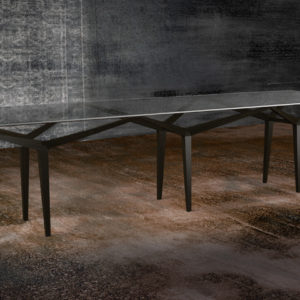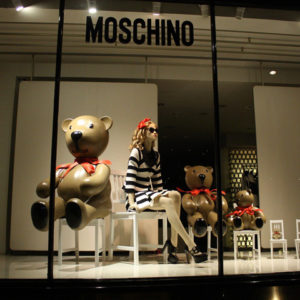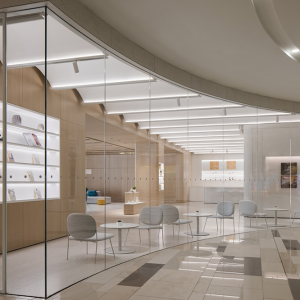
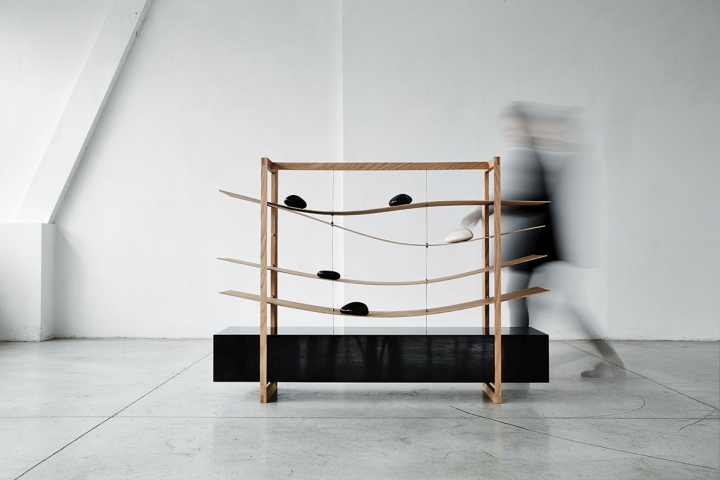

Mizu is a transformable piece of furniture which gives its user a possibilty to co-create and give it an unique, individual touch. Japanese meaning – water, reflects well its character, associated with emotion, adaptability, mistery and magnetism.
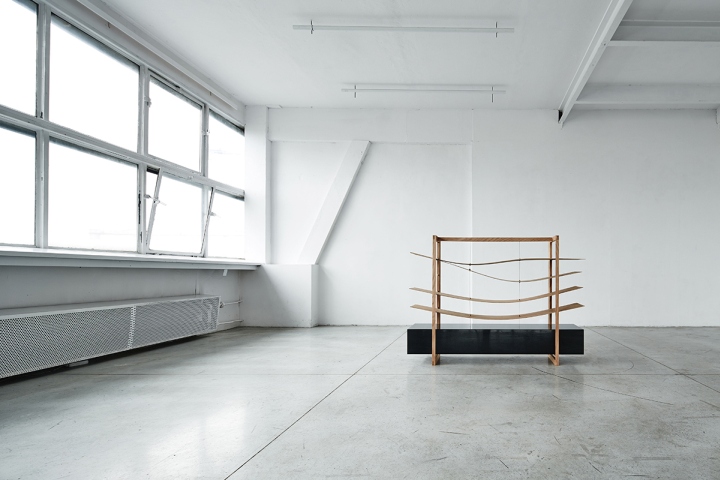
Emotion
Time naturally changes objects. These flaws or stains make things become personal – yours. Every scorch or dent tells a story, recalls memories. This effect is more powerful when the object was created or transformed by its user, by you. It becomes your own reflection, exstention, a mark of presence and action. By changing the identity of things, you can establish an intimate relationship with it. I gave much thought to the relation between a person and an object, while designing Mizu. Time and co-creation is bonding. I think it’s important that things that surround us aren’t transparent for us, they are full of emotional meaning.

Adaptability
The number of Mizu’s configurations is infite. Once you place the planks between the levels, you can set each of it using a simple mechanism. By unscrewing and sliding brass collets along the steel cord, you can reshape the shelves freely. Planks bend easly between the construction of the furniture, creating a sculptural storage space, where things can be placed in less organised and rigourous way. The resulting shape is a record of your free will and unrestrained creativity.

Mistery
The frame of the furniture is made of oak slats with dovetail joinery. The black chest made of chipboard has been hand polished to a high gloss. The chest boards were milled at an angle of 45 degree, making the joinery invisible. It’s hard to guess at first glance how to open the chest or is there even a place for storage. I wanted it to look a little bit mysterious and inaccessible so that it could become a good spot to store the users valuable and intimate objects.

Magnetism
Mizu was crafted by experienced carpenters and turners, which brought every detail to perfection. Brass collects and rings look subtle and elegant while still maintaining important constructional role. Vanereed plywood shelves that seem delicate, almost ethereal, withstand big load. The contrast of glistering surface of the chest and warm shade of wood attracts the eye and engages the senses.
Design: Alicja Prussakowska
Photography: Bartłomiej Senkowski
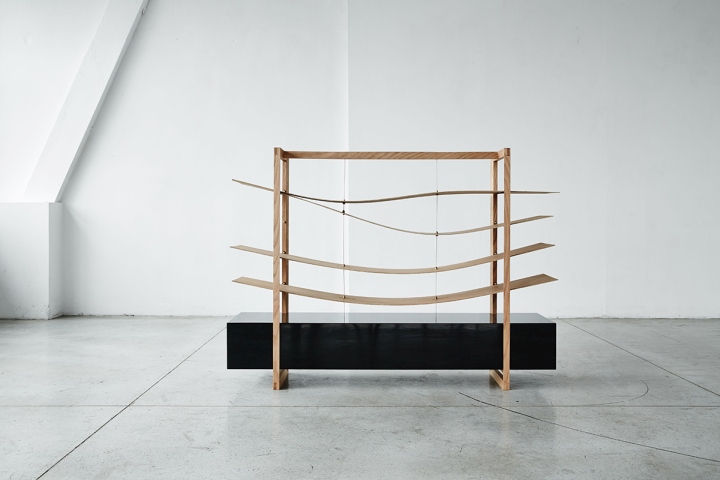
About Alicja Prussakowska
I am a recent graduate of Industrial Design Faculty, at Fine Academy of Arts in Kraków, Poland. Mizu is my Master Degree project designed in Conceptual Design Studio held by Professor Piotr Bożyk and Maciej Własnowolski. I’m also a co-founder of Derstone studio – a multi-disciplinary design practice, providing services within industrial and product design.
The relation between an object and the user, the way we perceive and experience them is what interests me the most in design.
